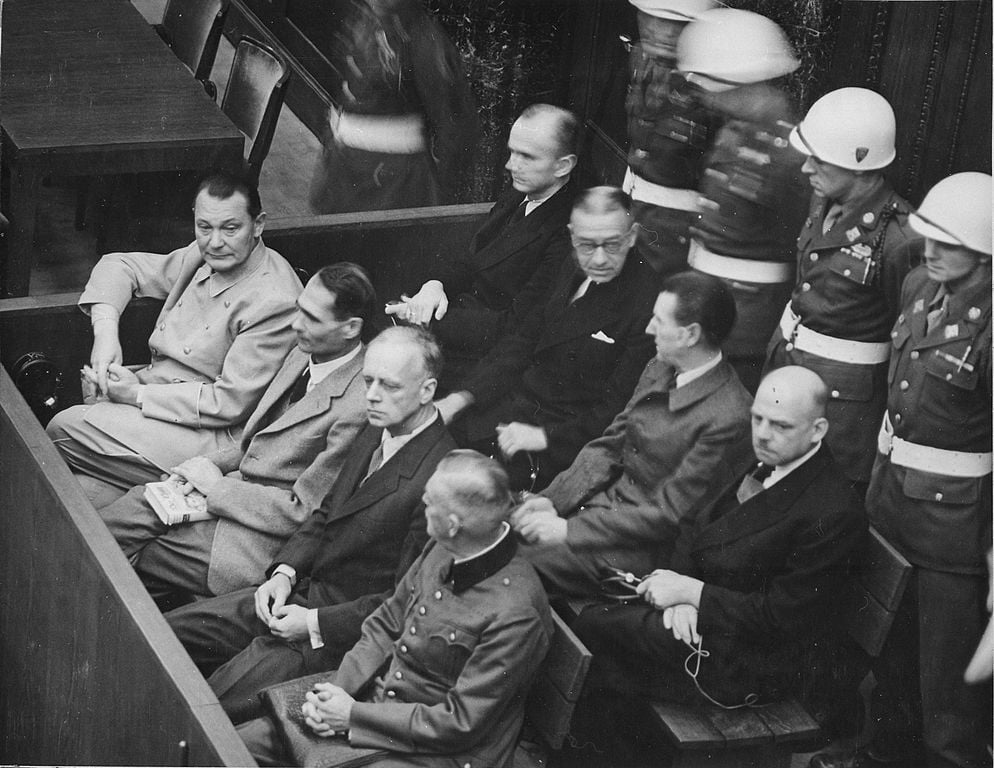|
Image: Op-eds in the Washington Post (left) and New York Times called for unprovoked military attacks on Iran.
After the New York Times printed John Bolton’s “To Stop Iran’s Bomb, Bomb Iran” (3/26/15; FAIR Blog, 3/26/15), following theWashington Post publishing Joshua Muravchik’s “War With Iran Is Probably Our Best Option” (3/13/15), veteran investigative reporter Robert Parry made an excellent point (Consortium News, 3/28/15):
If two major newspapers in, say, Russia published major articles openly advocating the unprovoked bombing of a country, say, Israel, the US government and news media would be aflame with denunciations about “aggression,” “criminality,” “madness” and “behavior not fitting the 21st century.”
But when the newspapers are American – the New York Times and the Washington Post – and the target country is Iran, no one in the US government and media bats an eye. These inflammatory articles – these incitements to murder and violation of international law – are considered just normal discussion in the Land of Exceptionalism.
Advocating for war is not like advocating for most other policies because, as peace activist David Swanson points out, war is a crime. It was outlawed in 1928 by the Kellogg-Briand Pact, in which the United States, the Soviet Union, China, Britain, Germany, France, Japan and 55 other nations “condemn[ed] recourse to war for the solution of international controversies, and renounce[d] it, as an instrument of national policy in their relations with one another.”

Image: Defendants at Nuremberg were found guilty and hanged for carrying out the policies advocated by the Washington Postand New York Times op-ed pages.
Kellogg-Briand was the basis for the “crimes against peace” indictment at the Nuremberg Trials for Nazi leaders, several of whom were hanged for “planning, preparation, initiation, or waging a war of aggression.” At Nuremberg, chief US prosecutor Robert H. Jackson declared:
To initiate a war of aggression, therefore, is not only an international crime; it is the supreme international crime differing only from other war crimes in that it contains within itself the accumulated evil of the whole.
The spirit of Kellogg-Briand was embodied in the formation of the United Nations, whose charter commits its signers to renouncing war and the threat of war:
All Members shall refrain in their international relations from the threat or use of force against the territorial integrity or political independence of any state.
So to advocate for war, as the Washington Post and New York Times op-ed pages have done, is to incite a crime–“the supreme international crime,” as Jackson noted. How would we react if leading papers were to run articles suggesting that genocide was the best solution to an international conflict–or that lynching is the answer to domestic problems? Calling for an unprovoked military attack against another nation is in the same category of argument.
Notes:
The Washington Post can be reached at [email protected] or viaTwitter @washingtonpost. The New York Times‘ email is :[email protected] and Twitter account is @nytimes. Remember that respectful communication is most effective.
|